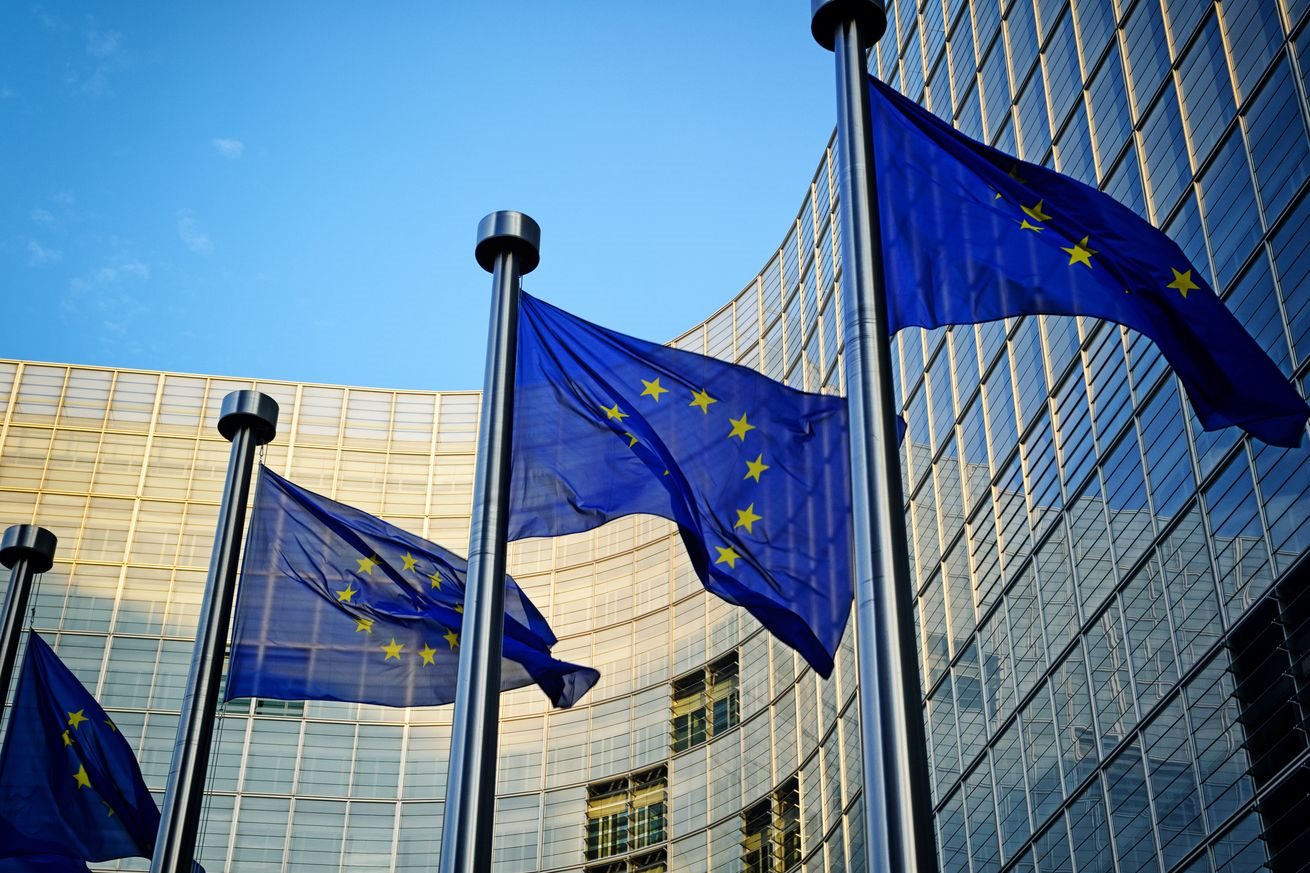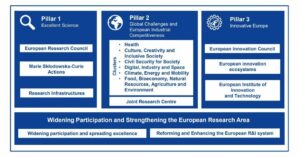
Written by Karun Harrar, ADS Aerospace Innovation Executive, and Louise Mothersole, Horizon 2020 UK National Contact Point & Global Innovation Lead for Transport, Innovate UK
Horizon Europe
Horizon Europe, the 7-year research and innovation (R&I) programme set to follow on from the Horizon 2020 programme is due to be launched in 2021 with the clear ambition to deliver €95.5 billion of R&I investment generating scientific, technological, economical, and societal impact that benefits the competitiveness of EU and Member States. For every euro invested, Horizon Europe has the potential to deliver up to €11, creating up to 320,000 highly skilled jobs by 2050.
What does this mean for the UK?
The UK will Associate to Horizon Europe. Association will give UK scientists, researchers, and businesses access to funding under the programme on equivalent terms as organisations in EU countries. The next step is for both sides to formally adopt the full text of the agreement taking into account the finalised EU Programme Regulations.
Countries that Associated to Horizon 2020, and that are expected to Associate to Horizon Europe included not only Norway, Iceland, and Switzerland, as one might expect, but also Israel, Turkey, and Tunisia. Organisations from Associated Countries are classed as fully eligible to form one of the minimum three organisations necessary for most collaborative projects and will be funded by the EU if their proposals are successful.
Organisations from Associate Countries are also able to participate in the Partnerships created under Horizon Europe. These Partnerships are formal organisations where the EU and the relevant sector innovators (businesses, universities, etc) come together to determine the direction of the Work Programme for that Partnership. Membership of a Partnership gives an organisation a role in shaping the Strategic Research and Innovation Agenda (SRIA) to ensure that it meets the needs of the sector.
Importantly, UK researchers and businesses are strongly encouraged to join the relevant Partnerships and to begin to form collaborations with EU and International counterparts in preparation to bid through the dedicated funding and tenders portal where the calls for proposals (Topics) will be published once the initiative is underway.
What does this mean for Aerospace, Defence, Security and Space?
The European Commission has laid out two factsheets on Horizon Europe. The Horizon Europe Factsheet providing basic information about the future of the EU programme, including its structure and main priorities, and the Strategic Planning Process and The Strategic Plan focussing on the strategic planning process and the strategic plan.
The first factsheet highlights three pillars, the second of which is titled Global Challenges and European Industrial Competitiveness, details clusters under which a multitude of relevant collaborative projects sit.
Relevant Clusters for ADS members include:
- Cluster 3 – Civil Security for Society
- Cluster 4 – Digital, Industry and Space
- Cluster 5 – Climate, Energy and Mobility
Each of these Clusters, as well as having a comprehensive Work Programme covering the full breadth of the Cluster, will have a number of Partnerships for specific sectors/technologies that you can see here.
For free support on any issue around Horizon Europe, there are dedicated National Contact Points (NCPs) in the UK and every other Member State and Associated Country. You can see the full list and contact details of the UK NCPs here and Louise Mothersole, the UK National Contact Point for Transport is always happy to help or direct you to a more suitable colleague as required.






